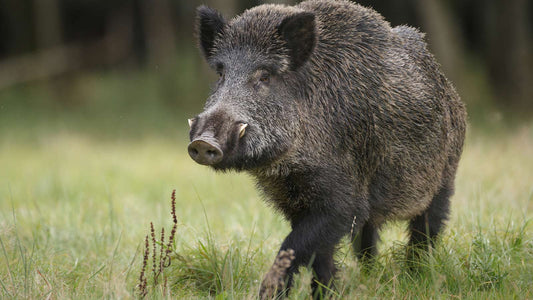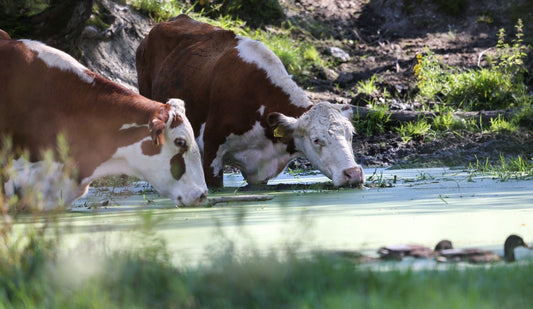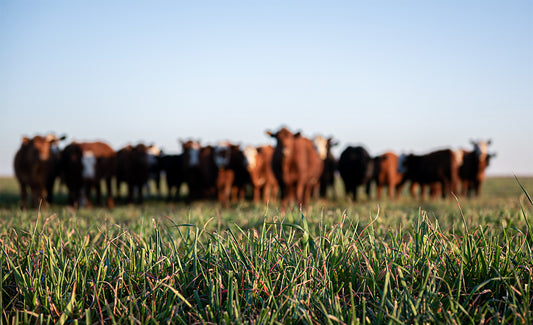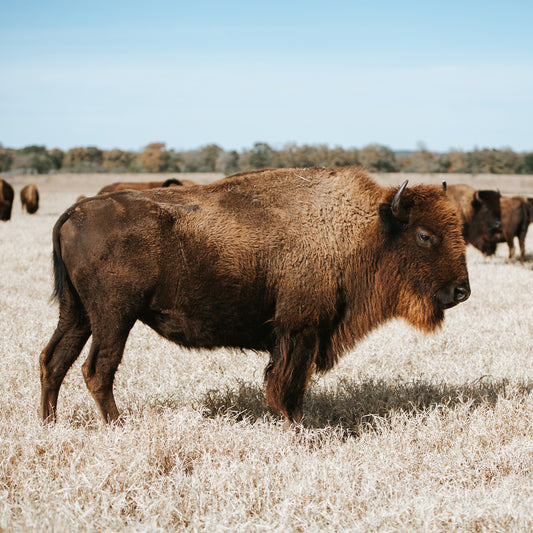Regenerative Agriculture and the Health Benefits of Regeneratively Raised Meat
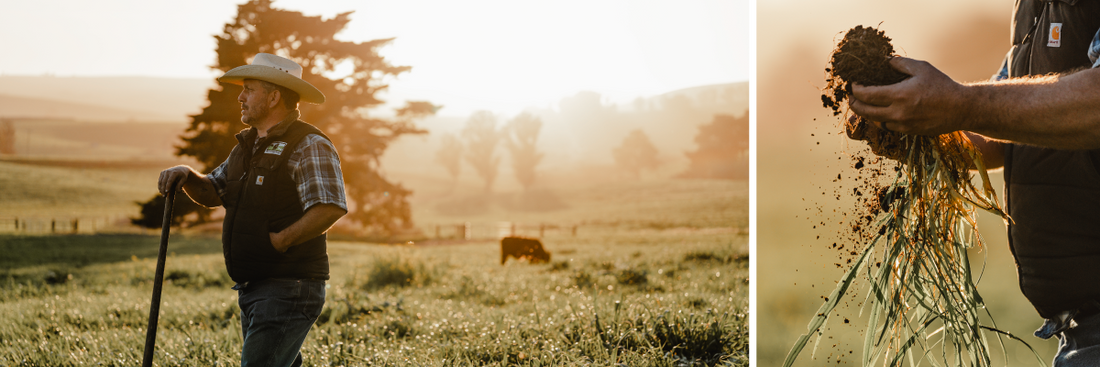
In recent years, our global food system has faced increasing scrutiny for its environmental impact and its implications for human health. As concerns about climate change, biodiversity loss, and food-related illnesses grow, a spotlight has been cast on alternative agricultural practices that offer more sustainable and healthful solutions. Among these, regenerative agriculture stands out as a beacon of hope, offering a pathway towards a more resilient and nourishing food system.
Understanding Regenerative Agriculture
Regenerative agriculture is not merely a farming method, it's a philosophy — a holistic approach that aims to restore and enhance the health of ecosystems while simultaneously improving agricultural productivity. At its core, regenerative agriculture focuses on principles such as soil health, biodiversity, water conservation, and community resilience.
Unlike conventional farming, which often relies heavily on chemical inputs and monoculture cropping, regenerative agriculture emphasizes practices like crop rotation, cover cropping, minimal tillage, and the integration of livestock. These practices work in harmony to rebuild soil organic matter, enhance soil fertility, sequester carbon, and promote biodiversity.

The Health Benefits of Regeneratively Raised Meat
Within the realm of regenerative agriculture, the role of livestock is particularly noteworthy. When managed properly, grazing animals like cattle, sheep, and goats can play a vital role in restoring ecosystems and improving soil health. Regeneratively raised meat offers a myriad of health benefits, both for the environment and for consumers.
-
Nutrient Density: Meat from animals raised on regenerative farms tends to be more nutrient-dense compared to conventionally raised counterparts. This is because animals raised on diverse pastures have access to a wider range of nutrients from the plants they consume. As a result, regeneratively raised meat often contains higher levels of essential vitamins and minerals, including omega-3 fatty acids and antioxidants.
-
Healthy Fats: Animals raised on pasture-based diets typically have a healthier fatty acid profile compared to those raised in confined feedlots. For instance, grass-fed beef is known to contain higher levels of beneficial omega-3 fatty acids and lower levels of unhealthy omega-6 fatty acids, which are associated with inflammation and chronic disease.
-
Reduced Chemical Exposure: Regeneratively raised animals are not subjected to the routine use of antibiotics, hormones, and synthetic pesticides commonly found in conventional livestock operations. By minimizing exposure to these harmful chemicals, consumers can reduce their risk of developing antibiotic resistance and other health issues associated with agricultural chemicals.
-
Environmental Sustainability: Perhaps the most significant benefit of regeneratively raised meat is its positive impact on the environment. Grazing animals play a crucial role in sequestering carbon in the soil, mitigating greenhouse gas emissions, and restoring degraded landscapes. By supporting regenerative agriculture practices, consumers can contribute to the preservation of ecosystems and the fight against climate change.

Embracing a Regenerative Future
As we confront the challenges posed by a rapidly changing climate and an increasingly industrialized food system, the adoption of regenerative agriculture offers a ray of hope. By prioritizing soil health, biodiversity, and ecosystem resilience, regenerative farmers are demonstrating that agriculture can be part of the solution to our pressing environmental and health issues.
For consumers, embracing regeneratively raised meat represents a conscious choice towards a healthier and more sustainable diet. By supporting farmers who prioritize regenerative practices, individuals can not only nourish their bodies with nutrient-dense food but also contribute to the regeneration of our planet's ecosystems.
In the end, the benefits of regenerative agriculture extend far beyond the dinner plate. They encompass the health of the soil, the vitality of ecosystems, and the well-being of future generations. As we stand at the crossroads of environmental crisis and agricultural innovation, let us choose the path that leads us towards a more regenerative and abundant future.
Join the Force of Nature community as we work to create more access to the hope and promise of regeneratively raised meats that benefit the planet, its animals, and you.








